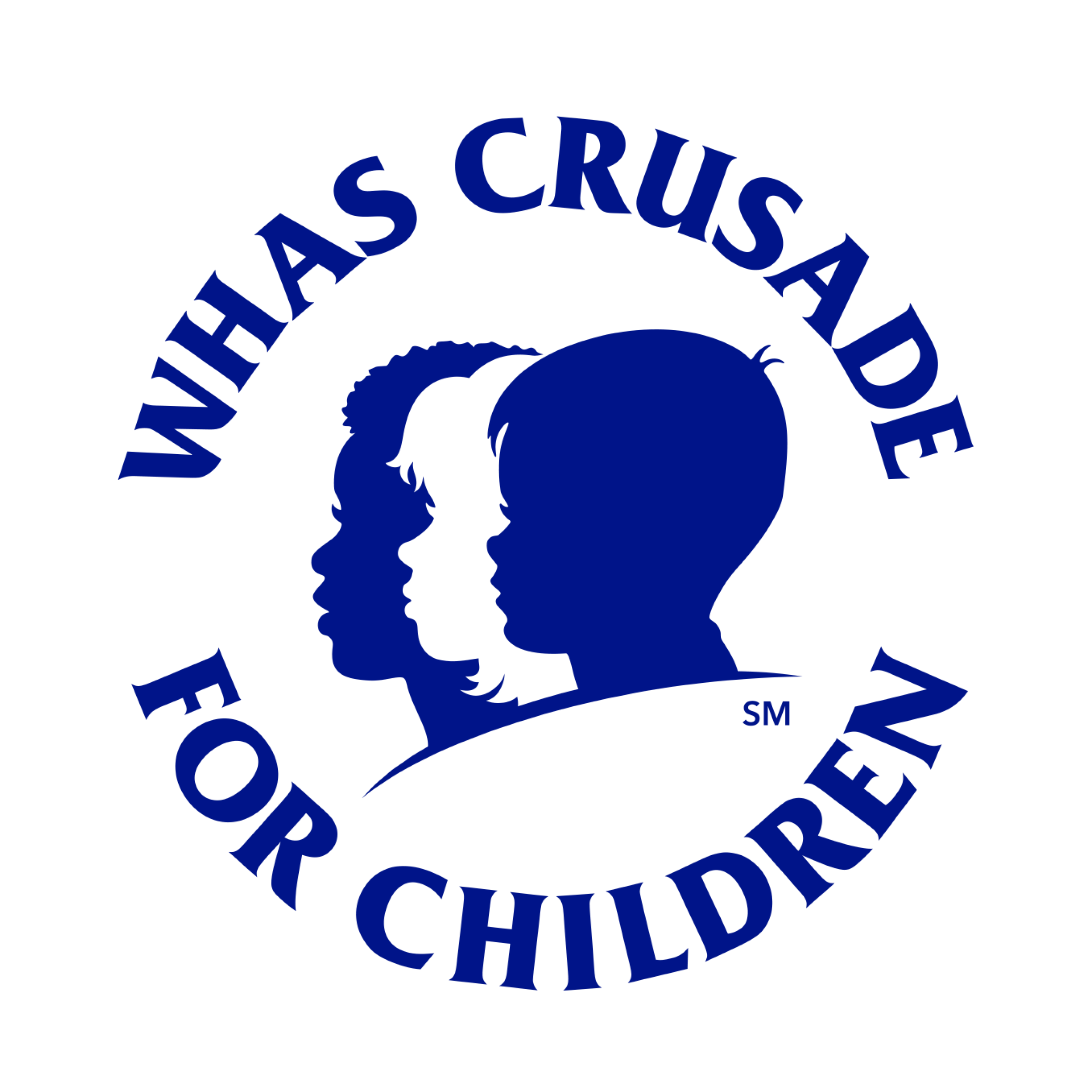Crusade supporter Archbishop Kelly dies
Retired Louisville Archbishop Thomas C. Kelly, O.P., died Wednesday morning in his sleep at his Holy Trinity Parish home in St. Matthews.
Kelly, the leader of the Archdiocese of Louisville from 1982 to 2007, was 80 years old.
“The local church of Louisville has lost a friend, humble servant and dedicated man of God,” said Archbishop Joseph Kurtz.
Known for his wit, intellect and planning skills, Kelly had served as a parish priest for the last three years in residence at Holy Trinity, a position which introduced the skilled homilist to a new audience and a new experience in a family oriented parish community.
Though Kelly had served in diplomatic and administrative roles when Pope John Paul II assigned him to Louisville, the Dominican priest embraced the pastoral role as shepherd of the flock of 200,000 Central Kentucky Roman Catholics.
“Those are moments of grace when you’re in contact with people you serve,” Kelly said in a 2002 interview, “That’s all pure gold. There’s nothing you can trade off against that.”
It is expected that Kelly’s body will lie in state at the Cathedral of the Assumption, with a Tuesday funeral. Kelly had expressed a desire that his body be interred alongside other Louisville bishops in the crypt beneath the Cathedral.
Kelly implemented strategic planning, sparked interfaith efforts and promoted lay leadership within the church.
“For me to become the servant of the faith here means to come home,” Kelly said at his 1982 installation.
“He would be more concerned that we don’t focus on church administration and leadership as a ‘maintaining,’ mode” recalled Archdiocese Chancellor Brian Reynolds, “but as a ‘deciding where we’re going, how we’re going to get there.’ And so very much a direction setter as a planner.”
Reynolds knew Kelly for more than three decades.
“I’m missing a friend today,” Reynolds said.
reynolds echoed Kelly’s sentiments that pointed to the Restoration of the Cathedral of the Assumption as his proudest acheivement.
“I watched that whole restoration take place,” Kelly said in 2006, “not just the bricks which I think is very beautiful indeed, we have a beautiful building, a place that is very attractive to worship, but also the spirit of parish has been very, very important to me.”
Kelly is also credited with reversing declining enrollments in Catholic schools, in part because of the creation of the Campaign for Excellence.
“We’re able to fund a lot of young people to assist them in their tuition costs,” Kelly said, “at the same time we’ve maintained the quality of education and I guess I am proudest of that.”
Kelly said he was proud of his controversial decision to close or merge struggling parishes.
“People move. It all comes down to that. People move,” Kelly explained, “The people who don’t move don’t like that because it means change for them. And we’ve had to realign our parishes considerably.”
“Somebody said I’m a teflon bishop and I don’t like getting scratched, and that’s true,” Kelly said in 2002, “I also think that I’ve made the tough decisions when I should.”
Kelly was praised for his candor about his treatment for addiction after doctors confronted him concerned with his use of prescription painkillers and alcohol after lung surgery.
“It was probably the most humiliating moment of my life,” Kelly said, adding that he went public because he thought it would be helpful to other people.
“It did make things easier to name this problem and put it out there,” Kelly recalled, “Now, it was costly for me, personally to have fallen into this addiction but then to have to be so very public about it. Still, I didn’t think there was any other way to go about it.”
Yet, the the clergy abuse scandal which exploded with a succession of lawsuits in 2002 and 2003, cut even deeper.
“The far greater and more painful thing was the discovery of the scope of the problem in our presbyterate,” Kelly said, “I’ve always honored and respected our priests so much and loved them, each one no matter what the difficulties are. Then it was very hard for me to accept that this problem was as widespread as it was.
The number one thing is the damage done to victims,” Kelly continued, “But the shock of it all and the discovery of it was just something that blew me away.
Scrutiny of the crisis revealed that Kelly had reassigned priests suspected of abuse.
“We had over time sought professional counsel for the very few cases we knew about. But they didn’t know very much about what else to do,” Kelly said.
“Even law enforcement felt that it was a church question and needed to be dealt with by people like me,” Kelly continued.
Kelly rejected the suggestion that the church was being unfairly singled out.
“If there was one child among us that had been harmed, the emphasis was not exagerrated,” Kelly responded, “The fact is, there were many victims. they often use the word ‘cover-up’ about us. I never felt that I was guilty although certainly I was charged with that.”
“For me, it was stupidity. Insensitivity,” Kelly said, “The general ignorance that prevailed over this question was very prevalent in the church.”
Of Catholics disgusted by the crisis who decided to leave the church, Kelly had a simple message.
“Come home. Come home. We are a very serious church and we have had a very serious blow but we are overcoming the difficulties and we’re surviving. Come back home and help us.”
Reprinted from WHAS11.com










No Comments